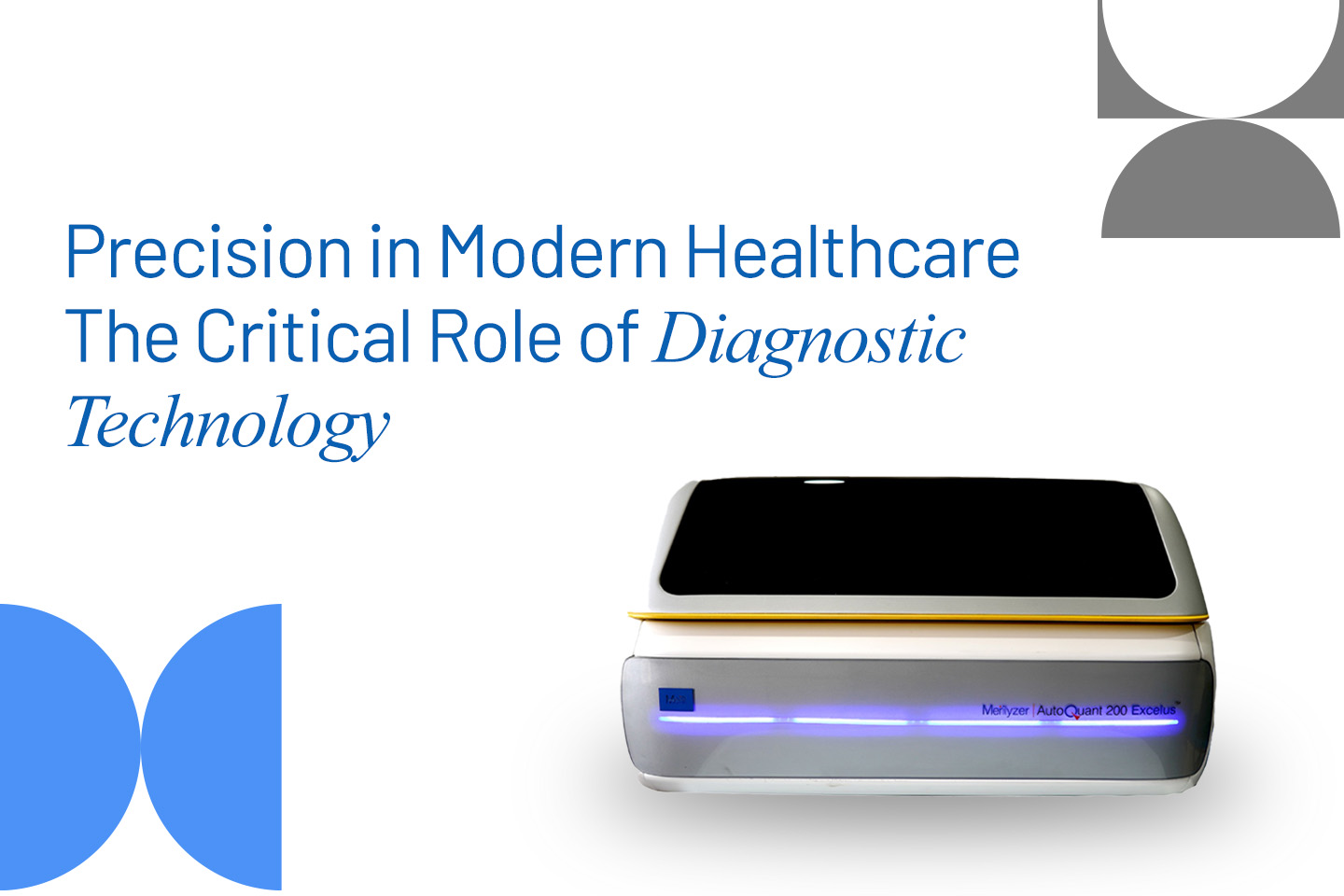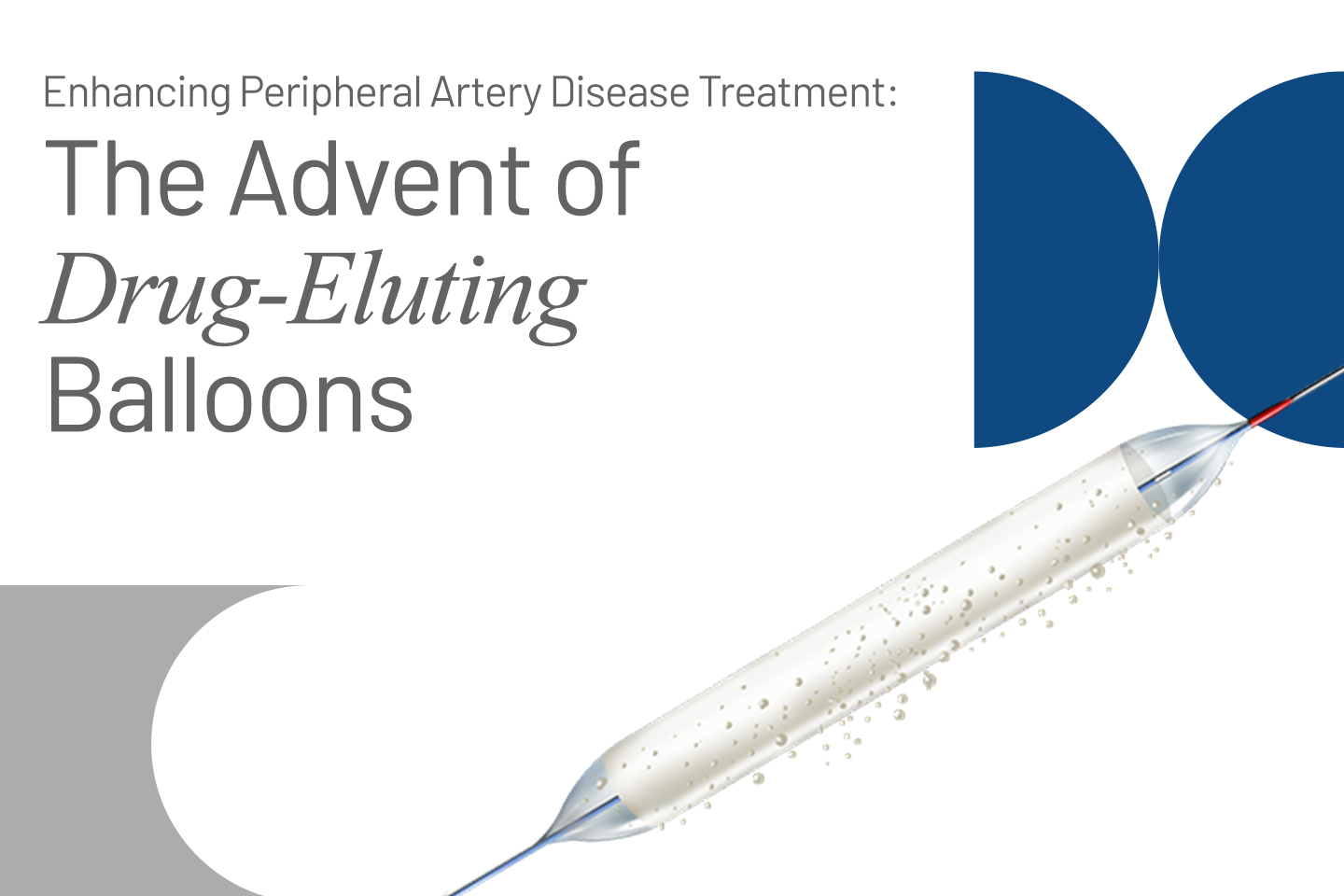Medical Devices
EMERGING ROLE OF MEDTECH IN 2023 AND BEYOND

Introduction
Nothing but change is constant. And nothing is more challenging than an unprecedented and unpredictable change that catches us off guard, unprepared and unarmed! The world has experienced this challenge grossly with the COVID-19 onslaught and is still under its long shadow. The pandemic, with its huge threat on our lives, taught us to be self-reliant both at macro and micro levels. With the increasing demand for medical treatment and interventions, medical devices, and infrastructure, there was an insurmountable pressure on the healthcare sector, intensifying every hour that eventually led to the deployment of increased healthcare workers and Medtech devices, emphasizing the need for timely testing, treatment, better efficiency and clinical outcomes at affordable costs and better solution for patient care. Needless to say, the healthcare sector has been hugely affected by the pandemic in terms of its accountability and contribution to handling this unfortunate global epidemic; however, with a positive outcome of it emerging as a strengthened, seasoned, and transformed sector equipped to face any future challenge with full preparedness. The world has matured for the better, and the healthcare industry's share in preparing it for these unpredictable challenges with breakthrough discoveries and innovations is noteworthy. The core purpose and focus of these discoveries and innovations now would be to provide quality and affordable healthcare services and approach health issues as a preventive measure rather than as a diagnosis of symptoms and post-cure and treatment of advanced ailments. The global crisis is a wake-up call for all to tackle waste management and sustainability issues with utmost priority.
The year 2023 is anticipated to witness emerging trends in Medtech from digital health and data, promoting sustainability, Supply chain management, Artificial Intelligence, 3D printing, and Robotic and Minimally Invasive Procedures.
Digital healthcare devices
Wearables, digital assistants, smart devices worn as a watch, bracelets or other accessories are small and lightweight, easy to wear and carry devices that monitor the health metrics of people wearing them, from breathing rate, blood pressure, and blood sugar to mood. These devices as fitness trackers provide healthcare providers with relevant data to trace potential health issues and overall health feedback to the user as well. These devices act as a regular check on the health and fitness of the user. When integrated with the clinical data, the data helps doctors make a more informed decision about the treatment. Digital healthcare devices are the latest in demand and trend in the medical technology industry.
Artificial Intelligence
Artificial Intelligence (AI) has taken the driver's seat in the journey toward technological innovation, shaping the future of every industry. AI has become an indispensable part of every industry and even our private lives. How can healthcare be an exception when intelligent technologies using AI and Machine Learning (ML) have been deployed extensively in developing patient-centric healthcare systems? The prognosis, prevention, medication, and treatment have become prompt, efficient, cost-effective, and reliable. Not just diagnosis and treatment, AI and its various applications have brought a revolution in healthcare systems, from drug innovation or exploration to administrative applications like clinical documentation, billing and claim procedures, record management, etc. Surgical robots that assist surgeons in decision-making and improve the overall performance ensuring accuracy and efficiency are the best examples of how powerful AI is in healthcare. Virtual nurses providing medical assistance, like clinical advice, appointment scheduling, self-care, etc., through the use of NLP, ML, Speech recognition, and wireless integration with medical devices are the new technological advancements.
Minimally invasive procedures
Minimally invasive procedures like Laparoscopy, Heart valve replacement, Angioplasty, Hernioplasty, Brain surgery, Colectomy, Nephrectomy, and surgeries like Endovascular surgery, Colon surgery, Gynecologic surgery, Orthopedic surgery, etc., are with time becoming the preferred method over traditional methods. Tiny incisions, less damage to the body, faster recovery, lesser pain, less scarring, shorter hospital stay, accuracy, lesser risks of infection, and cost-effectiveness are the many benefits of minimally invasive procedures. The use of laparoscopy has gained a conceptual revolution from being a diagnostic tool for abdominal pathologies to the present therapeutic treatment. With robot-assisted surgeries, it is evolving into unknown fields of modalities. The advent of microbots and nanobots is a new technological revolution.
Waste management and promoting Sustainability
Unplanned and uncontrolled utilization of resources and the disposal of waste from medical and diagnostic devices pose a massive threat to the sustainability of our ecosystem. The challenge for businesses is to manufacture high-quality recyclable material, monitor waste disposal, and develop processes to recycle and reuse medical devices. The use of mobile apps allowing the users to request disposal of the waste as well as track the process is a step towards ensuring better waste management and promoting sustainability. Medtech companies are expected to strictly adhere to sustainability as a moral responsibility rather than a statutory compliance.
Supply chain management
The recent pandemic was a blow to the face of the supply chain of commodities, including healthcare solutions, with a lack of availability of essentials on time. Medtech companies, having realized the importance of continuity and unhindered supply of these medical solutions at all times and, more importantly, in times of medical emergencies and crisis started diverting a substantial portion of their resources towards ensuring the 'all-time availability' of medical essentials, be it devices or services. To this end, Medtech companies did not leave any stone unturned to navigate through this crisis, right from ramping up the existing production capacities to strengthening their current supply chain to meet the critical needs of the healthcare system. These companies also started exploring new avenues of synergizing with potential partners for solutions to cater to the increasing demands of various medical supplies. Medtech companies are thus rising above the challenge with resilience, agility, and a new mindset to invent and innovate at a break-neck pace to address the issues.
3D printing
The new age revolution in the healthcare industry is the development of 3D printing processes, also called additive manufacturing. The physical replicas of the human anatomical structures using 3D printing help the surgeons see and interact with the anatomy, prepare themselves for complex procedures and practice the surgery beforehand, ensuring precision and accuracy and less surgery time. The use of 3D printing, which was restricted to space research and housing sectors, has been extended to the medical field with its use in developing medical devices, equipments, implants, and replacement organs.
The primary goal and focus of every Medtech company now would be to wipe off the negative repercussions of the pandemic and spearhead towards a revolutionary future with technological innovations and advancements that have the potential to transform people's lives for the better by improving their well-being.
Meril is no exception to this!
Meril, a global medical device company, is committed to advancing healthcare solutions for patients ensuring their longer and healthier lives. With a mission to alleviate human suffering and improve quality of life, Meril leads the journey to technological advancements through clinically backed medical solutions. Meril is pioneering the future of healthcare by empowering the present. Meril's share in the technological innovations that have revolutionalised the future of the Medtech industry is mirrored in some of the technological devices designed and manufactured, to name a few
CUVIS JOINT ROBOTIC SYSTEM, India's first robotic surgery system, is the most advanced surgical cutting-edge robotic technology supporting surgeons with personalized planning and precise cutting for predictable results
MeReS100, the next-generation BioResorbable Scaffold to treat coronary artery disease, is an indigenously developed and researched BRS in India. Non-metallic non-permanent mesh tubes that dissolve over time after ensuring the previously blocked artery are open via a routine angioplasty procedure.
MYVAL THV is a new-generation, balloon-expandable transcatheter aortic valve implantation for patients with severe symptomatic aortic stenosis. The system facilitates accurate positioning of the bioprosthetic valve with favourable clinical outcomes.
Since its inception, Meril has been an agent of change, adding more to the lives of millions through research, development, and technological innovations that are next-generation and future-centric in the service of human healthcare.
Like in every industry, innovations and technological advancements in healthcare have been the powerful tools accelerating growth and providing a cutting edge to the companies over their business competitors. They act as a solution, addressing the unmet clinical needs and more importantly, a survival mechanism to adapt to unpredictable future.





